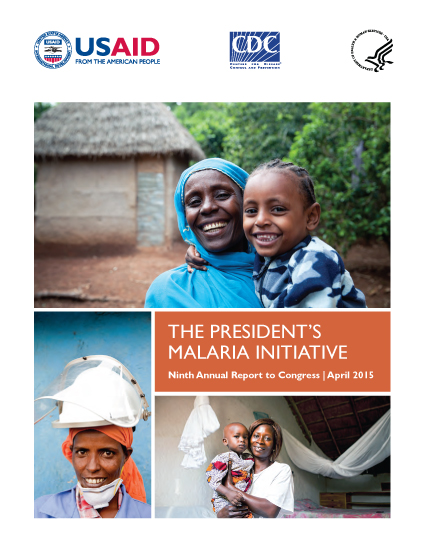Speeches Shim
April 2015
The fight against malaria is making historic gains across sub-Saharan Africa. In countries where insecticide-treated mosquito nets (ITNs), indoor residual spraying (IRS), improved diagnostic tests, and highly effective antimalarial drugs have been scaled up, mortality rates in children under five years of age have fallen markedly. According to the World Health Organization’s (WHO’s) 2014 World Malaria Report, in Africa, between 2000 and 2013, the estimated number of malaria cases in all age groups decreased from 174 million to 163 million. The estimated malaria mortality rate in children under five decreased by 58 percent in the Africa region between 2000 and 2013, while the scale-up of malaria control interventions over the same period resulted in an estimated 4.3 million fewer malaria deaths globally.
These successes in reducing malaria’s burden are the result of a tremendous increase in financing for malaria control and the expansion of malaria control interventions. The cumulative efforts of the President’s Malaria Initiative (PMI), national governments, the Global Fund to Fight AIDS, Tuberculosis and Malaria (Global Fund), and many other partners are clearly working. The U.S. Government’s financial and technical contributions, through PMI, have been key in this remarkable progress. In the nearly 10 years since it was launched, PMI has garnered recognition as a highly effective program that successfully combines solid support at the country level with global leadership on malaria prevention and control with other funding and technical partners.
In spite of the progress achieved, malaria remains a major cause of mortality among young children. More than 1,000 children still die from malaria every day, and without sustained and vigilant efforts, the great progress made could be quickly reversed, and successful investments in malaria control could be lost. To avoid a resurgence of malaria, PMI, with the global malaria community, must redouble efforts, sustain financial resources, and accelerate the scale-up of malaria prevention and treatment measures. Malaria places an economic burden on countries and has wide-ranging effects, such as reducing school attendance and lowering worker productivity, in addition to the significant out-of-pocket spending on malaria treatment by households. Fighting malaria not only saves lives, but also directly supports the achievement of broader development goals.


Comment
Make a general inquiry or suggest an improvement.